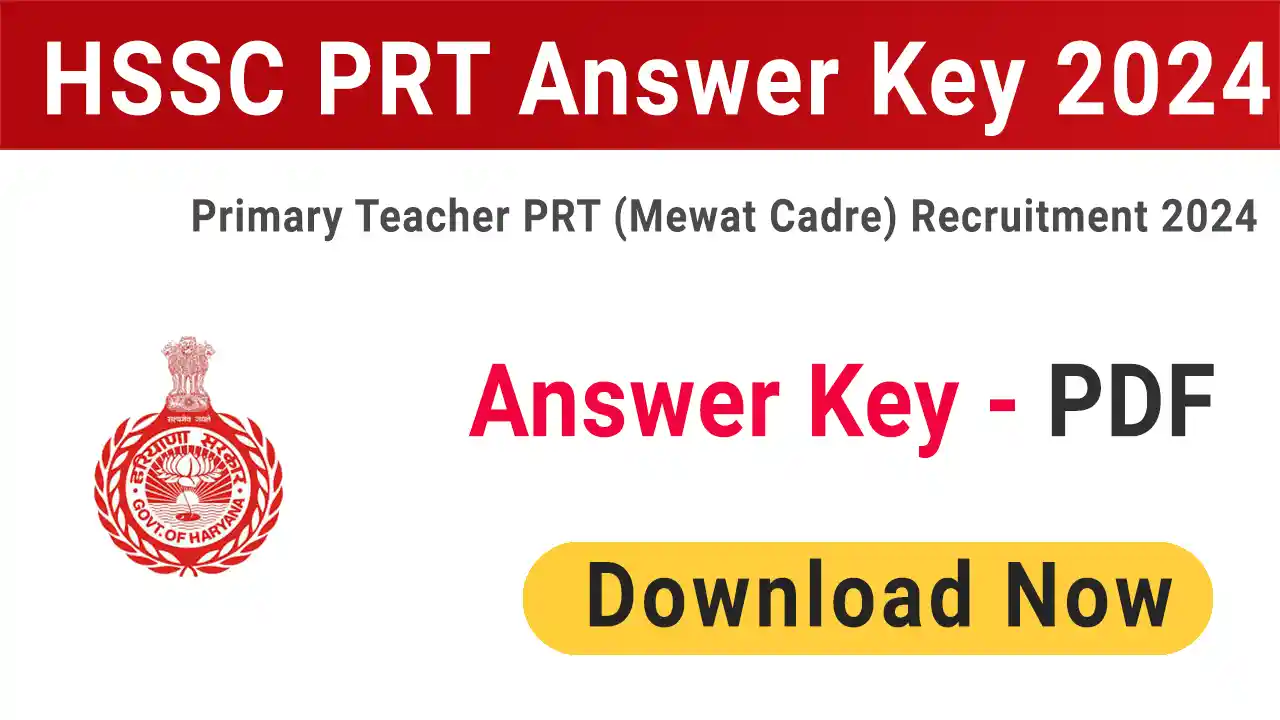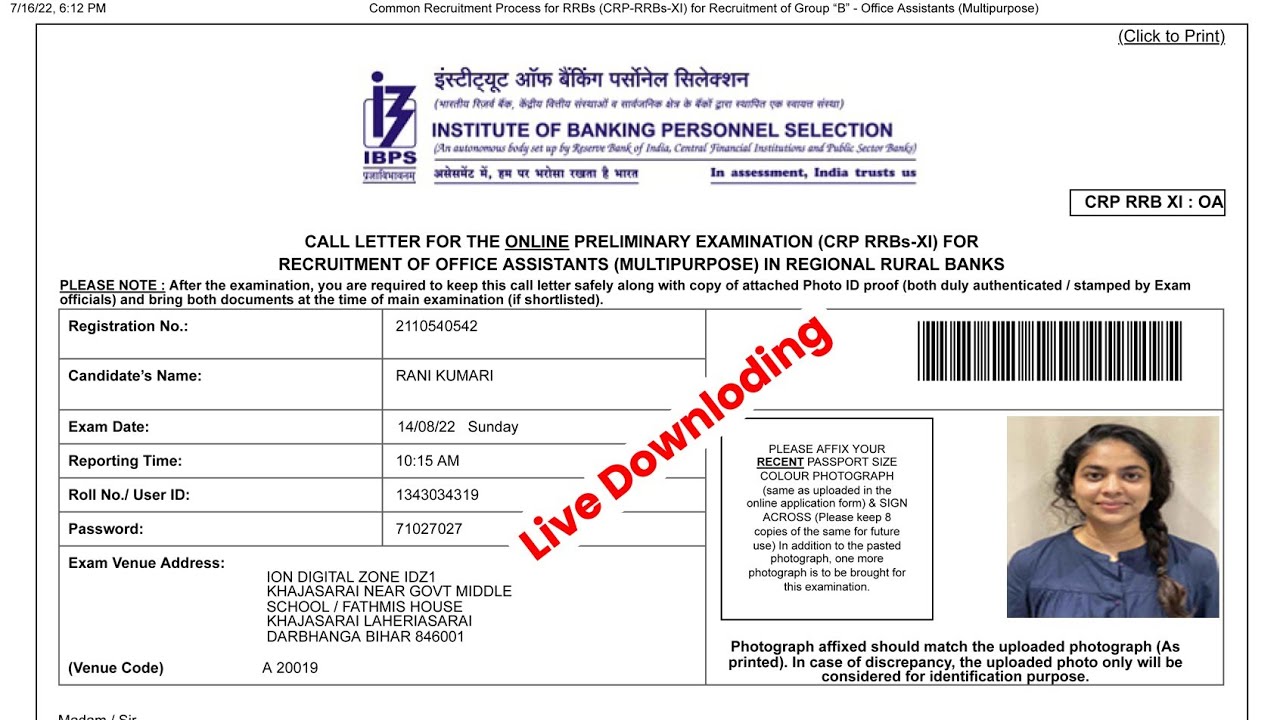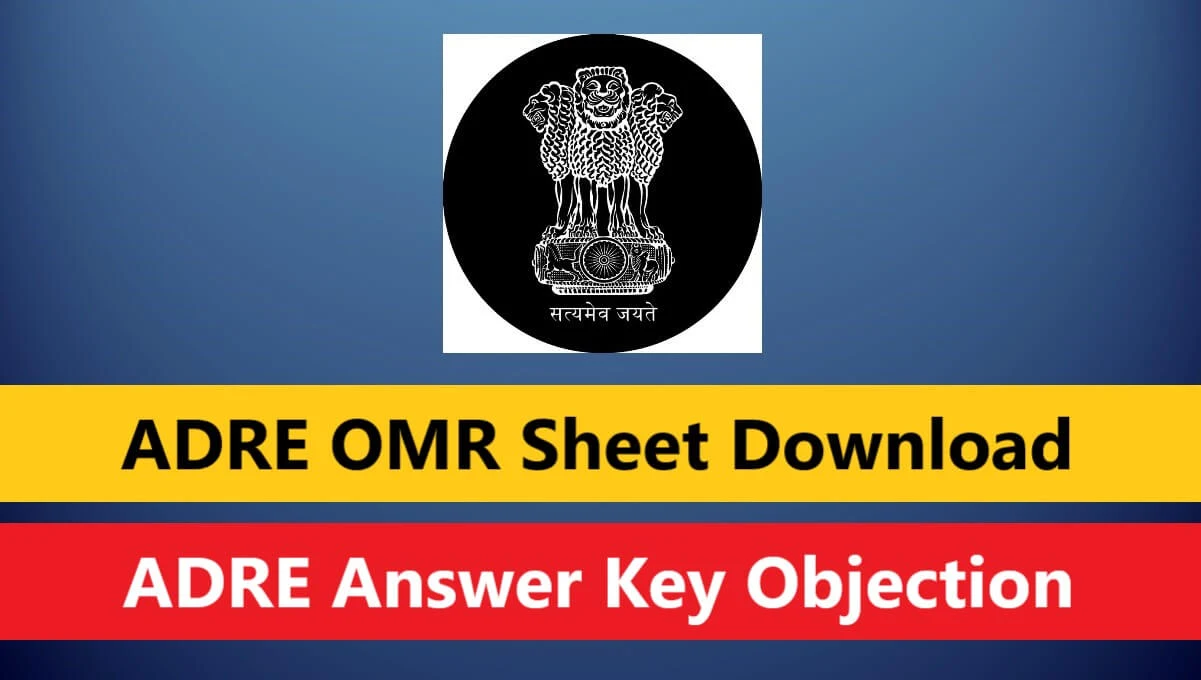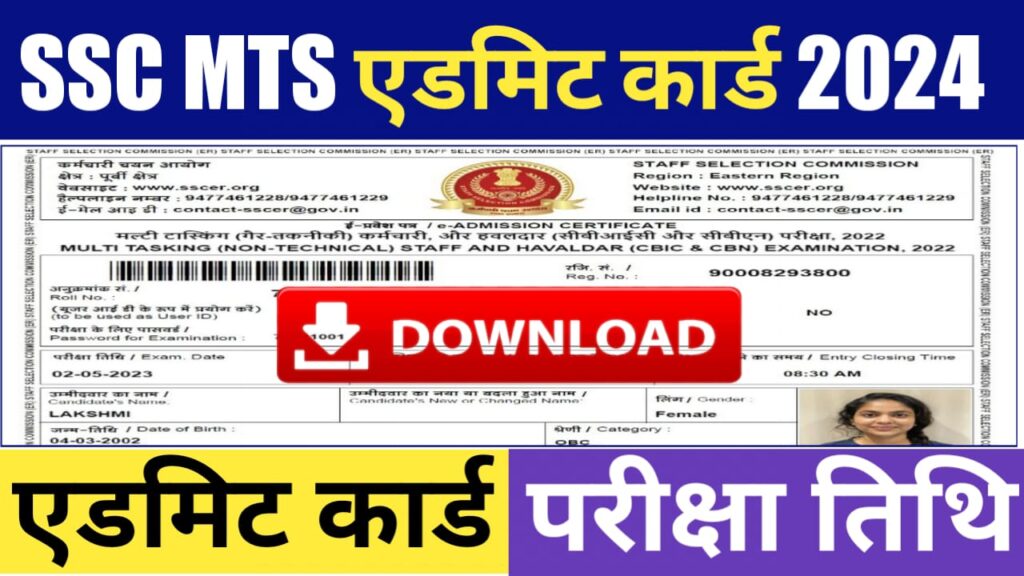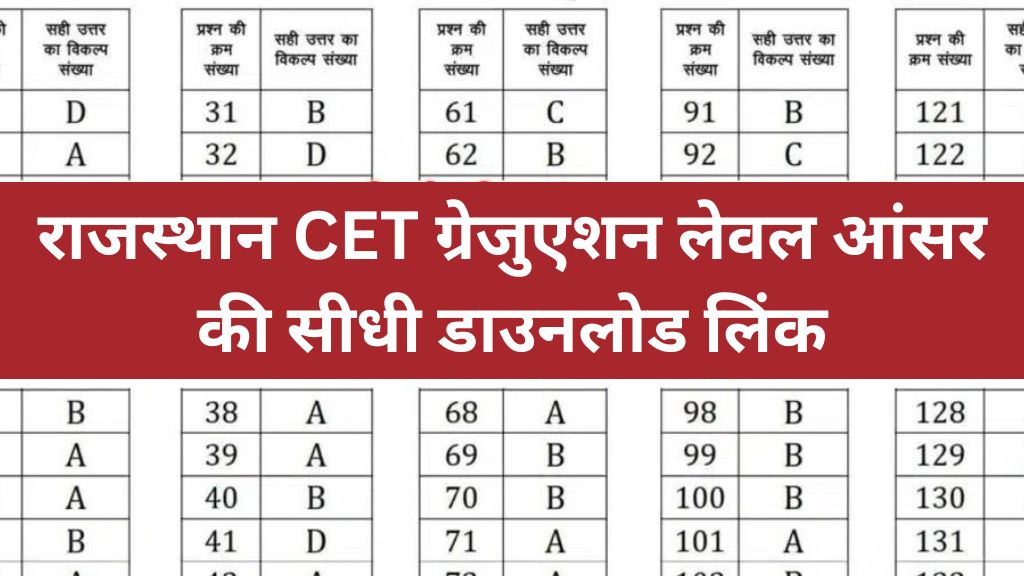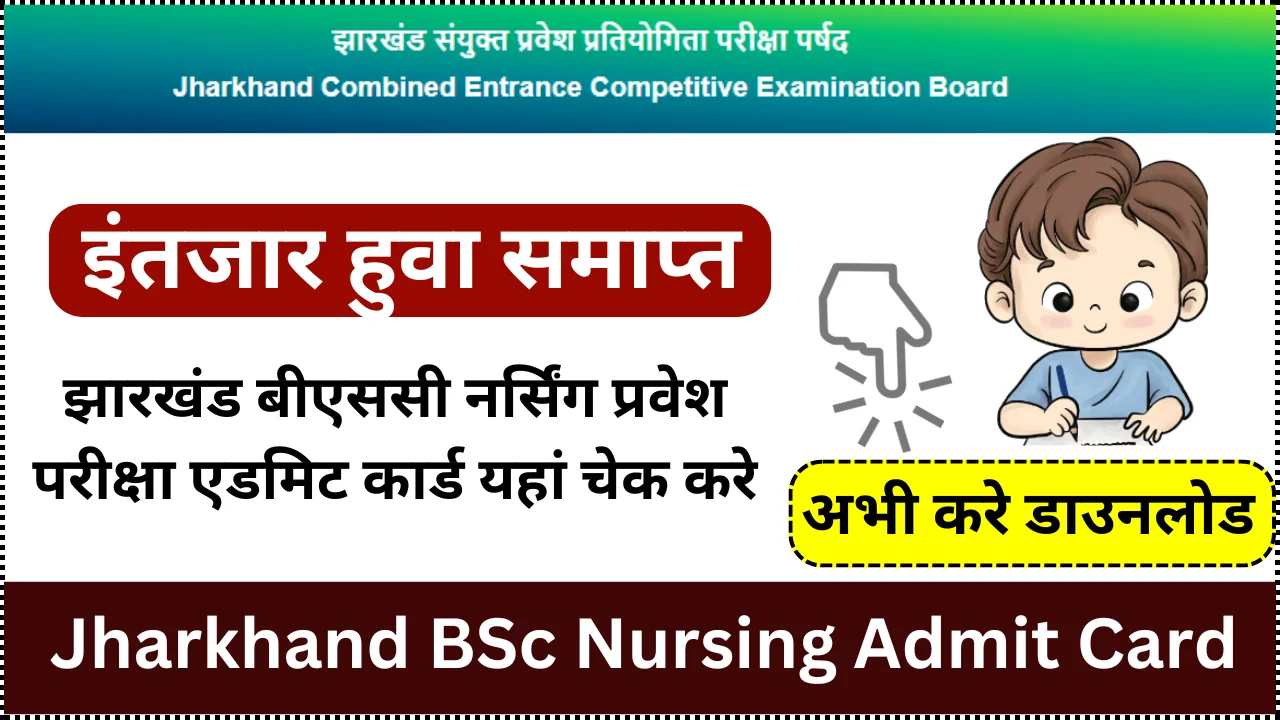- A. across
- B. besides
- C. beside
- D. both
Correct Answer
B. besides
So the sentence reads:
Our sir teaches Mathematics besides English.
Certainly! Let’s break down each option in detail to understand why “besides” is the correct choice:
Explanation
Explanation for Each Option:
- A. across
- “Across” is a preposition that indicates movement from one side to another or location on the opposite side. It is used to describe physical positioning or travel, e.g., “across the street.”
- Example Sentence: “He walked across the field.”
- In the context of the sentence, “across” does not fit because it does not convey the idea of teaching multiple subjects.
- B. besides
- “Besides” is a preposition that means “in addition to.” It is used to add information or indicate that one thing is included along with another.
- Example Sentence: “She likes reading besides writing.”
- In the given sentence, “besides” correctly indicates that the sir teaches Mathematics in addition to English, which fits the intended meaning.
- C. beside
- “Beside” is a preposition that means “next to” or “at the side of.” It is used to describe physical proximity.
- Example Sentence: “The book is beside the lamp.”
- In the context of the sentence, “beside” does not fit because it implies physical location rather than the addition of another subject.
- D. both
- “Both” is a determiner used to refer to two things considered together. While it can indicate that two subjects are taught, it does not grammatically fit the sentence structure without additional words.
- Example Sentence: “He teaches both Mathematics and English.”
- The sentence would need restructuring to use “both” correctly: “Our sir teaches both Mathematics and English.”
Conclusion:
The preposition “besides” (Option B) is the correct choice because it appropriately indicates that the sir teaches Mathematics in addition to English. The other options do not fit grammatically or contextually.
So the correct sentence is:
Our sir teaches Mathematics besides English.



